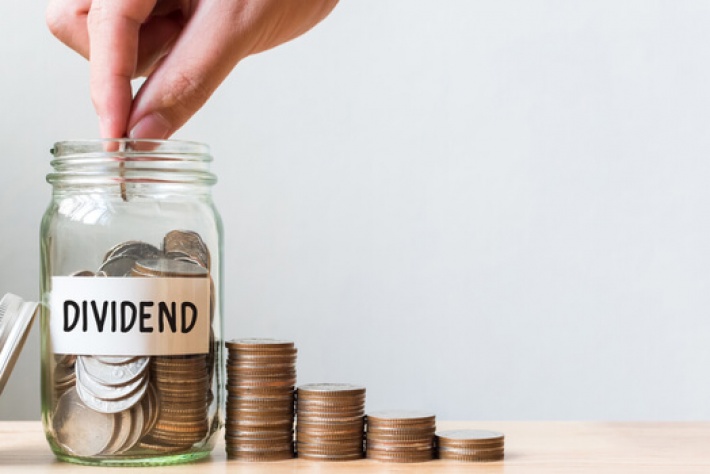What are unlawful dividends for directors?

What are dividends and when are they declared?
Dividends are a form of remuneration taken by company shareholders, including directors. Dividends can be taken as an alternative to a regular salary, or instead used as a way of supplementing a low basic wage. This is often seen as the most cost-effective and tax-efficient way of extracting money from a limited company.
Dividends are often paid in cash, although they can take the form of additional shares being issued. The important thing to remember when it comes to dividends is that, in order to be legal, they must only be taken from the company’s retained profits. Simply put, if the company is not turning a profit, then dividends should not be declared.
In the majority of cases where a dividend is deemed to be unlawful, this is due to the company not having sufficient retained profits, or distributable reserves, to issue the dividend. However, there are a number of other instances where the declaration of a dividend can be called into question.
What makes a dividend unlawful?
In order for a limited company is able to legally declare a dividend, the following two criteria must be met:
1. The company in question must have sufficient profits available to make the dividend.
2. Reference to the company’s relevant accounts must be made when issuing a dividend. This could either be the company’s annual accounts or alternatively interim or initial accounts. Regardless of the type of accounts referred to, they must clearly show the company’s assets and liabilities, its share capital and provisions for any future liabilities, such as impending tax bills must also be shown.
As long as the above criteria are met, the company is in a position to legally declare a dividend. However, there are a number of procedures which must be followed in issuing this dividend:
1. A resolution must be passed by the directors prior to the dividend being paid
2. In most cases final dividends should be approved by shareholders after a recommendation from the board, with interim dividends usually decided by the board
3. In order to comply with tax obligations, the company must issue each shareholder with a dividend voucher.
Failure to comply with these conditions and administrative processes will result in the dividend being deemed unlawful. The consequences of this for shareholders can be extremely serious.
In the case of an illegal dividend being declared by an insolvent company, this is likely to be viewed as an antecedent transaction, e.g. a transaction at undervalue or a preference payment. It goes without question that, should the company enter a formal liquidation or insolvency procedure, this will be investigated by the appointed insolvency practitioner who will want to see this transaction reversed.
Who is liable for the repayment of an illegal dividend?
In some instances, a dividend may be declared following a miscalculation of the company’s profits, or else an error in the administration of the declaration. Even if the reasons behind the unlawful dividend payment are genuine, unfortunately the dividend will still be deemed illegal and redemptive action will need to be taken.
Section 277 of the Companies Act 1985, places the onus on shareholders to repay the illegal dividend where they know, or at least have reasonable grounds, for believing it was incorrectly declared. This repayment to the company must take the form of the full amount of the dividend payment received, along with any associated interest.
In instances where a dividend is declared despite there being insufficient profits in the company, this payment will be treated as a loan to the recipient. Shareholders may find themselves personally liable for the amount taken should this money not be repaid to the company.
What to do if an illegal dividend has been made?
If an unlawful dividend has been made, this must be rectified as soon as possible. However, this can be a complex and expensive process depending on the situation, therefore it is strongly advised you enlist the services of a professional, such as an accountant, to help you with this. This will ensure the process is executed correctly and that you are adhering to your obligations as a company director and/or shareholder.
Handpicked Accountants can connect you with a trusted and reliable account in your local area. You can find your perfect accountant by using our simple search tool, or alternatively call our expert team on 0800 063 9258 to speak to one of our advisers who will be happy to make a personalised recommendation.


